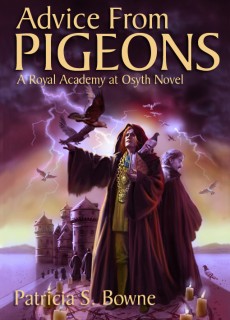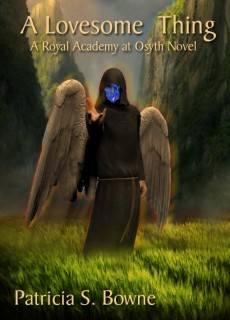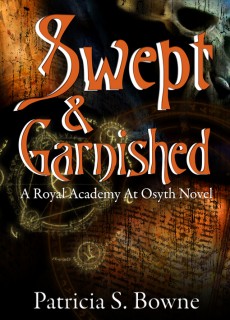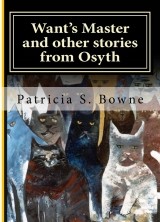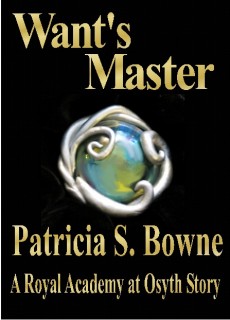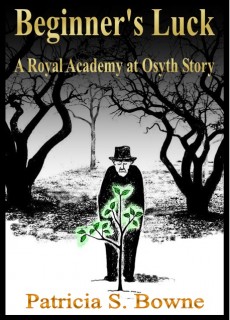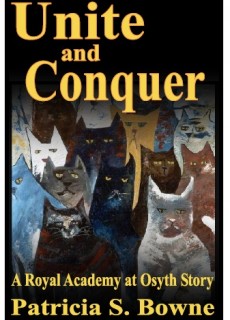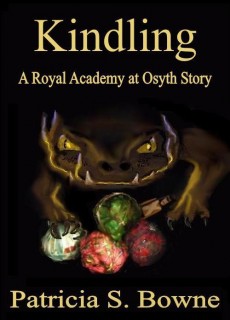I once read a manuscript by someone who didn’t like their own protagonist, and I’m afraid I gave the author far too much grief about it. Looking back, I realize that I’m equally perturbed by authors who like their protagonists too much.
Of course this is a matter of taste. I know one person who absolutely hated Advice From Pigeons because she thought all the main characters should have been fired about the middle of the book, and that I was showing horrendous favoritism towards faculty in letting them keep their jobs till the end of the book. (For faculty, I doubt that fact will come as a spoiler.)
Still, I usually do not start a project liking my characters. This is because I make many of them up out of experiences that bug me.
I don’t mean that I put people I know in my books. I can think of nothing more horrible than spending my precious personal time trying to write about someone I’m mad at! But like every author, I am always on the alert for character traits, turns of phrase, habits and other oddities, and the ones that most strongly catch my attention are the ones that bug me.
When somebody does something that really ticks me off, I ask myself in what world that behavior would be justified. Then I try to write about someone who lives in that world. If I can get the voice, the character takes off. It develops a personality and history that I would never have thought of in my initial musings, and I’m not mad any more.
Teddy Whin, for instance, was drawn from my long-ago first interactions with feminist jargoneers. Yet by the end of the first book, I liked Teddy and her talk of privilege and hegemony. I started giving her some of my own ideas and experiences, rounding her out. Later I put her in a story, and she turned into a main protagonist of the second book.
The same thing happened with Cham Ligalla, who was based on the experience of being dismissed in favor of someone more important — something I encountered far too frequently at a conference I once attended. After I got through being mad, I began to wonder about the talent involved. The dismissers were able to make me obsess about impressing them, even though I couldn’t remember any of their names. How did they do that? And what if they could do it to demons?
If I seem sympathetic to the demon in Advice From Pigeons’ exorcism scene, it’s because I am. But Cham’s character grew through the first book, and she too ended up as a protagonist — a rather tragic one — in the second.
This feeds back into my real life. When I meet a dismisser now, I can’t help thinking of the tragic lives of exorcists in Osyth; and feminist jargoneers make me think of Teddy’s cluttered office and habits of chewing her pencils and scribing doodles into her desk top. They don’t bug me as much as they used to.
I’m not afraid of running out of characters. Every year, people devise new and exciting ways to bug me.

